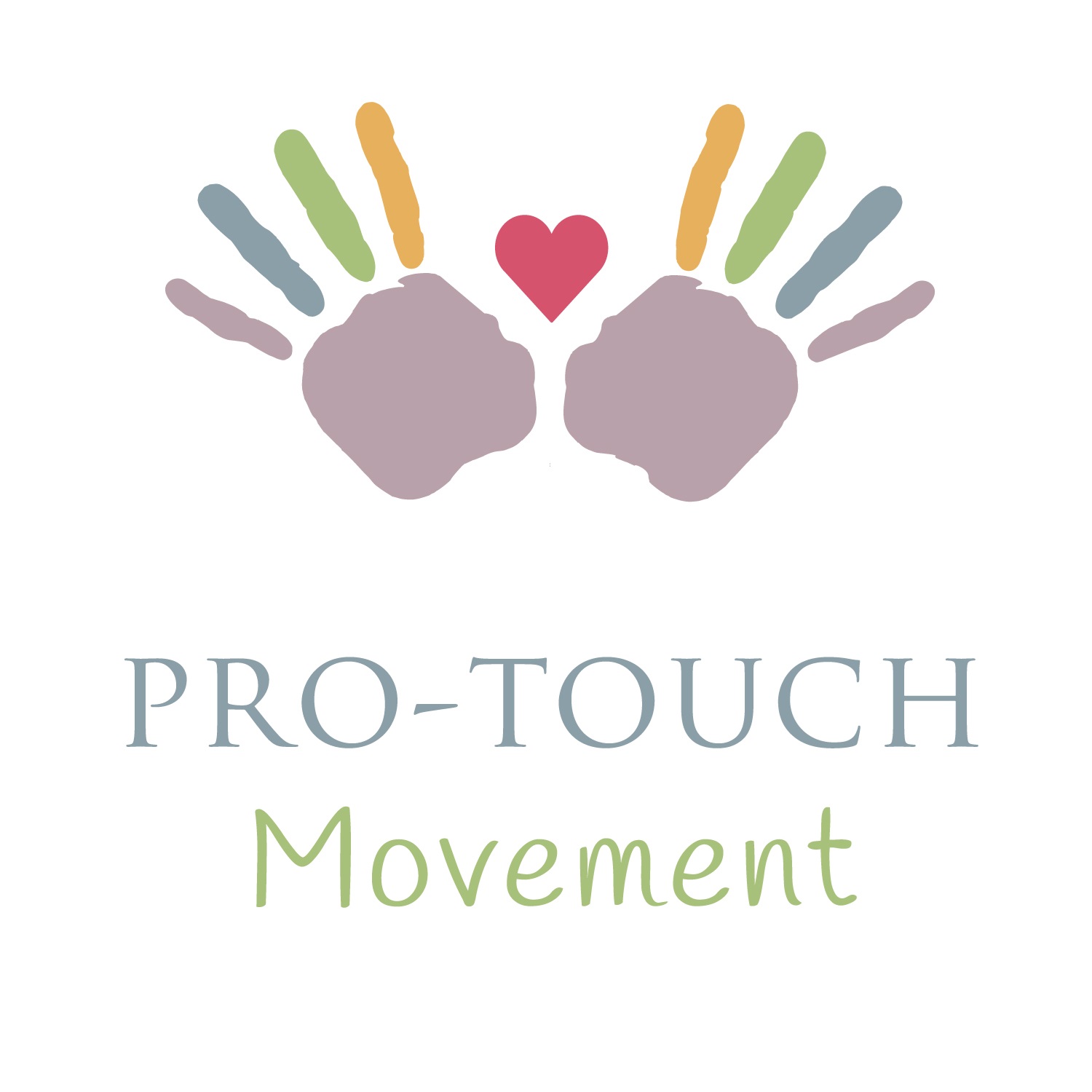Your basket is currently empty.
{{ Checkout.Stage > 1 ? 'Checkout' : 'Basket' }}
{{ item.Size !== null ? "(" + item.Size + ") " : "" }} {{ item.Price | currency:"£" }} {{ item.IncVAT ? 'inc. VAT' : 'plus VAT' }}
Thank you so much for supporting us!
We are donating {{ CharitableDonation | currency:"£" }} from your order to our good causes.

{{ CheckoutVm | json }}
Don't have an account?
{{ item.Price | currency: "£" }}
{{ item.Quantity }}
{{ (item.Price * item.Quantity) | currency: "£" }}
Thank you
A summary of your order has been sent via email.
We will let you know as soon as your order has been despatched.

Loneliness and Touch – part 3 Sep 12, 2022

I’m Claire Mendelsohn, the founder of Cuddle Professionals International, and I’m thrilled to be collaborating with Liz and her team for the Pro-Touch Movement. I’d like to talk about a subject close to my heart, that of the loneliness epidemic and how consensual, platonic touch can help to alleviate it. Here is the last of three Blogs on the topic.
Touch is commonly thought of as a single sense, but it is much more complex than that. Some nerve endings recognise itch, others vibration, pain, pressure and texture. And one exists solely to recognise a gentle stroking touch. When a parent strokes a child, for instance, they are writing out the script that was laid down by 30 million years of evolution. We are destined to cuddle and stroke each other at predetermined velocities. The pleasure encourages us to keep touching, nourishing babies, binding adults and threading wellbeing into the fabric of our being. It can also teach us more about the touch-averse, including how and when autism and eating disorders develop, and even lead us to a cure for loneliness.

As a society, we instinctively understand the power of touch. We know from the science of what goes on under the skin that when the skin is moved, pressure receptors are stimulated. This slows down heart rate, blood pressure and the release of cortisol, which gives people better control over their stress hormones. Being touched increases the number of natural killer cells, the frontline of the immune system. Serotonin increases. That’s the body’s natural antidepressant. Most basically of all, touch tells us who we are. Loneliness is fatal precisely because it puts people into a kind of defensive state where the levels of cortisol are raised.

Humans love touch. We love it so much that the word has the power to sell products from soft-touch pillows to velvet touch tights and smooth, perfecting touch face creams. But touching each other in an age of pervasive and historical sexual abuse and harassment no longer feels safe. There is a hypervigilance of boundaries that makes it hard to find the right approach. You may think twice about hugging a colleague at work in a way that you didn’t a couple of years ago. Maybe this is going to be misinterpreted? Maybe this is going to make somebody feel bad? All the diverse organisations collaborating for pro-touch month are working hard to make the provision of touch as accessible as massage and other touch therapies. Of course, nobody thinks that a cure for loneliness will happen at a stroke, but maybe careful touch could bring it closer.
Claire Mendelsohn is the founder of Cuddle Professionals International and the CEO and head tutor of London Therapists, one of the UK’s most established private massage training companies. Claire is blazing the trail for the acceptance of platonic touch as therapy.

